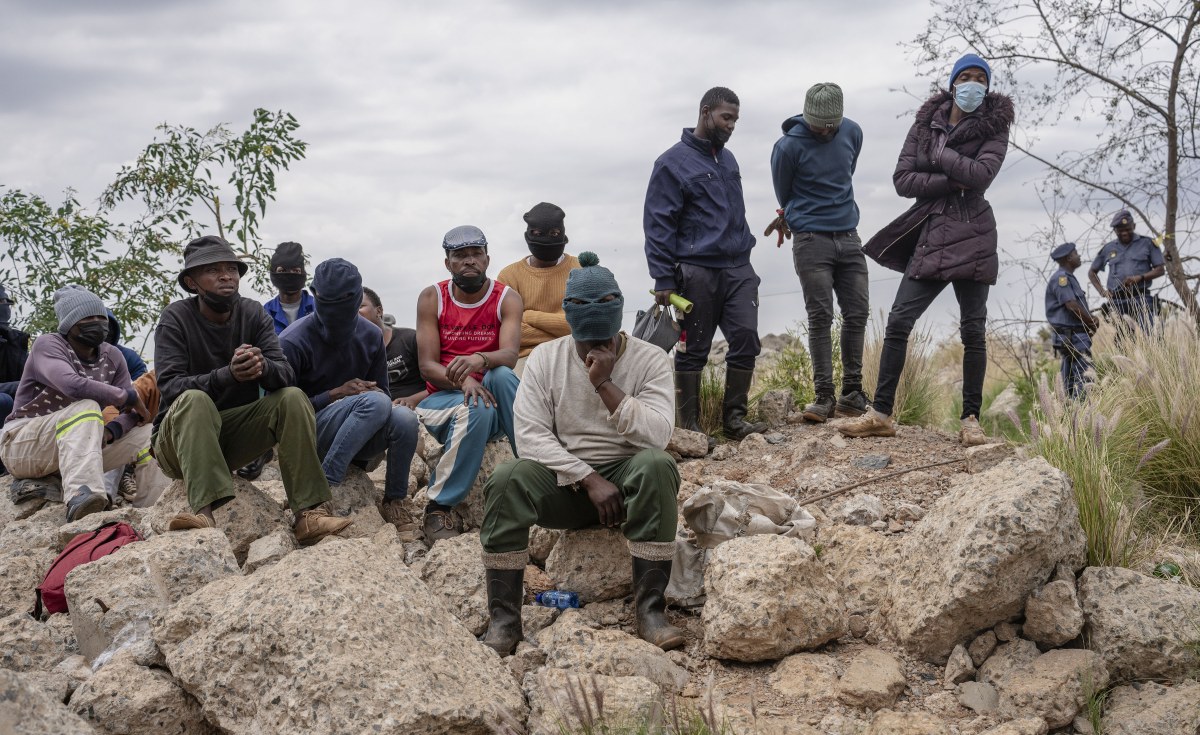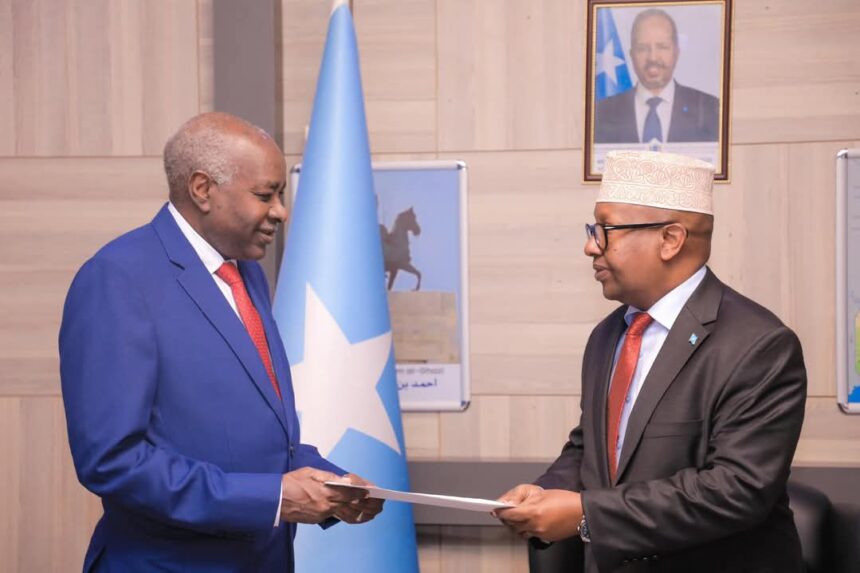The partnership between Rwanda and Zipline can be used as a case point of transformation of economic prosperity that changes people’s lives for the better, President Paul Kagame has said.
“The growth and the value of this partnership, more or less, speaks for itself,” he said in an interview with Keller Rinaudo Cliffton, co-founder and CEO of Zipline, on the occasion of the launch of the company’s next generation technology, Platform 2 (P2).
With this new platform, it will provide quiet, fast and precise autonomous delivery services directly to homes in cities and suburbs.
“The company’s next generation home delivery platform is practically silent (designed to sound like wind rustling leaves), and is expected to deliver up to seven times as fast as traditional automobile delivery, completing 10-mile deliveries in about 10 minutes,” Zipline stated.
Rwanda is expected to be Zipline’s first customer for the service, which it will use to enable urban aerial last-mile delivery to homes, hotels and health facilities in Kigali and elsewhere in the country.
Kagame said: “Universal access to delivery is responding to the needs if we believe we can change things and move as fast as we can to where others are, it is serving society well, and that’s what people really want.”
Cliffton and Kagame reflected on the journey of this partnership and the impact it created.
Nearly seven years ago, a public-private partnership was born that will forever impact the transportation of goods through the sky. Drones, a term used to define the small or large aircraft zipping above our heads without a pilot onboard, were seen at best as nuisances and at worst as threats to privacy or physical harm.
One government stood apart from the rest in its willingness to put the benefits of society ahead of uncertain risk. The Rwandan Government saw the potential of this new technology and collaborated with a new company, Zipline International.
Kagame said the country’s history has shown a trajectory of many difficulties but also shaped with understanding that things have to be done, which informed the decision to allow the company have its proof of concept in Rwanda.
“Much as it looked difficult in the beginning, doing what we did together, we thought we needed to try. We are looking at three things really coming together, it’s about people, technology, and the innovations in-between to make things work and improve people’s lives.”
After the launch of Zipline in 2016, it grew from making five to 10 drone deliveries per day to now 350 flights per day in Rwanda, one of its busiest distribution centres in the world.
Kagame noted that it wasn’t that obvious that the company would scale up to where it is but he believed in the idea itself and that of trying as well.
“The beauty of it is the moment you take one step forward and you see there is progress, then, you even want to do more every time at every stage. I was always convinced, much as I wasn’t necessarily sure that something good can come out of it.”
In the scale up, the firm will go beyond delivering blood, medicines, and vaccines to remote hospitals across the country, to now integrating other commercial products.
On a lighter note, the President agreed that the first delivery of Zipline’s new services in Rwanda will kick off at his home door step.










